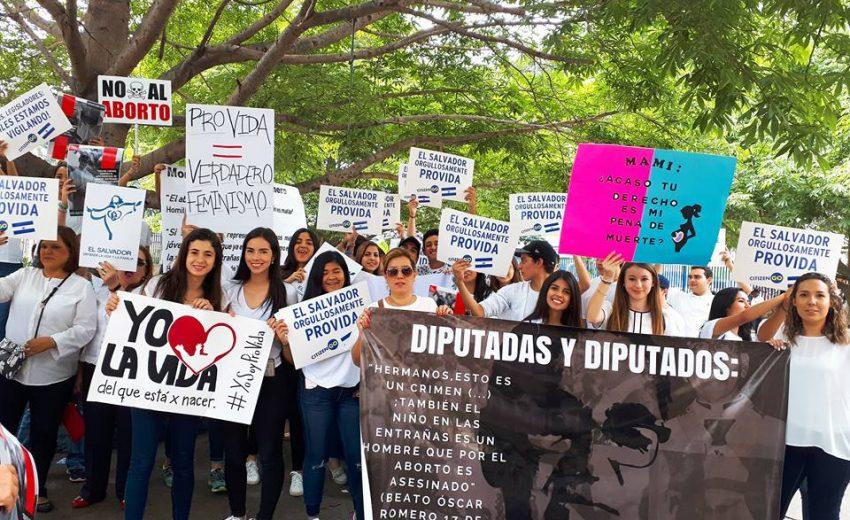Law Expert Says Human Rights Treaties Contain No Right To Abortion
The Inter-American Court of Human Rights may rule that abortion should be imposed universally in the Americas.

Ave Maria Law Professor Ligia Castaldi testified in March in a landmark human rights case before the Inter-American Court of Human Rights, Beatriz et al. v. El Salvador. The plaintiffs in the high-profile case are asking the IACHR to declare the right to an abortion to be an internationally recognized human right. The Court is part of the wider diplomatic system that incorporates the United States and numerous other countries of the Americas, including the Organization of American States, headquartered in Washington D.C.
Beatriz was a 21-year-old pregnant woman from El Salvador who suffered from lupus and gestated an anencephalic baby girl. Due to apparent risks to her health, her pregnancy was interrupted at 28 weeks via c-section; her baby was delivered alive and survived for several hours. She was given neonatal care, issued a birth certificate and named Leylani Beatriz.
Plaintiffs in the case argue that Beatriz should have been given an induced abortion rather than a c-section, and that the said procedure should be vindicated as a human right. Plaintiffs include organizations funded by abortion-providers such as International Planned Parenthood, which is based in the United States, and Ipas.
Castaldi is recognized as a leading expert in comparative abortion law and international human rights law. She was asked by the Court to testify as an expert witness for El Salvador about which international legal standards should be applied in the case in light of regional human rights standards. Her written report addressed how Latin American and Caribbean states parties to the American Convention on Human Rights do not legally require induced abortion to terminate a pregnancy where the mother’s life is at risk, how they distinguish induced abortion from other medical procedures to terminate a pregnancy where medical necessity so requires, and how most states parties to the American Convention have rejected decriminalization of eugenic abortion on the grounds of fetal unviability.
In her written testimony, Castaldi said that the American Convention does not contain an international obligation to induce the abortion of so-called non-viable children such as Leilany Beatriz, and that the practice by El Salvador confirms this understanding. She indicated that the country's practice also supports the inexistence of a state obligation to order induced abortions rather than other methods of pregnancy termination where the mother’s life is at risk. She showed that no Latin American or Caribbean country criminalizes non-abortifacient medical procedures to induce labor or terminate a pregnancy where a mother’s life is at risk.
The case may be decided by the end of 2023. If the Inter-American Court of Human Rights rules in favor of the plaintiffs, it would be the first time that any court anywhere in the world has ever recognized abortion as an international human right. The impact would be felt not only in El Salvador, but in all of the 25 countries that are part of the Inter-American human rights system. The United States is a signatory, albeit not a party to this treaty.
“If the IACHR establishes abortion as a human right under the American Human Rights Convention, specifically the article on the right to life, then we are looking at seeing a decision by an international court being applied against the U.S.,” human rights expert Stefano Gennarini said in an earlier interview.
See further coverage of the case here.